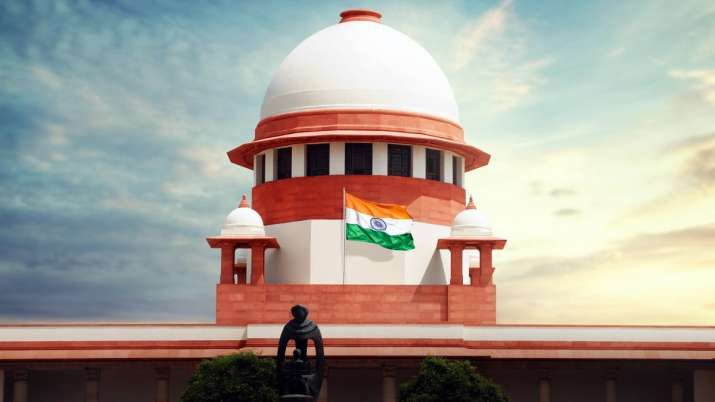Sanction Of Speaker Not Required To Prosecute MLAs For Criminal Charges: Supreme Court

Supreme Court while rejecting Kerala Government’s plea seeking permission to withdraw cases against prominent leaders of CPM, for Vandalism in State Assembly, observed that Sanction of Speaker is not a pre-requisite for initiating prosecution against members of the House. The bench added that Privileges and Immunities cannot be a gateway from escaping prosecution under general law of the land.
A Division bench of Justice DY Chandrachud and Justice MR Shah, while dismissing the appeal, said,
“The observations of the Constitution Bench (in Narasimha Rao case) regarding prior sanction were made with specific reference to Section 19 of the PC Act and cannot be construed to imply a broader proposition of law that sanction is a pre-requisite for initiating a prosecution against the members of the House, in this case of the Kerala Legislative Assembly for any offences committed within the House.”
How was Narsimha Rao Case different?
In the Narasimha Rao case, MPs were accused of committing offences under the Prevention of Corruption Act. Section 19 of the Act provides that cognisance of offences committed by a public servant under Sections 7, 10, 11, 13 and 15 can only be taken with the prior sanction of the authority competent to remove a public servant from office. In this respect, Justice SC Agarwal & Justice AS Anand, concurring with Justice GN Ray, opined that since MPs are public servants, prior sanction is required to initiate a prosecution against them. The Court held that since there is no authority competent to remove an MP, the power to grant a sanction to prosecute an MP would reside in the Speaker of the House.
Similarly, Court referred K. Veeraswami v. Union of India, (1991) 3 SCC 655, where it was laid that a criminal case cannot be registered against a judge of the High Court or the Supreme Court unless the Chief Justice of India is consulted.
With respect to reliance placed on Ramdas Athawale v. Union of India, (2010) 4 SCC 1 and Satish Chandra v. Speaker Lok Sabha, (2014) 2 SCC 178, the bench said, In both the cases Court restricted its power to review the ordinary functioning and conduct of the House in pursuance of Article 122(2); “It would be a stretch however, to argue that these observations of the Court grant the Speaker a carte blanche to decide if and when criminal proceedings should be initiated against MLA.”
The bench went on to draw corollaries from the Amendment brought by the Maharashtra Government, noting that,
“State of Kerala, unlike the State of Maharashtra has not amended the relevant provisions of the CrPC warranting the sanction of the Speaker for the initiation of criminal proceedings against MLA’s. The Code of Criminal Procedure (Maharashtra Amendment) Act, 2015 was enacted amending Sections 156 and 190 of the CrPC. The amended provisions state that no Magistrate can order investigation and take cognizance for an offence alleged to have been committed by any person who is or was a public servant, ‘while acting or purporting to act in discharge of his official duties’ , without the previous sanction of the sanctioning authority.”
Also Read: Kerala Assembly Vandalism Judgment: Significant Takeaways by Supreme Court
Case Title: The State Of Kerala Versus K.Ajith And Ors.| SLP(Crl) No. 4009/202
